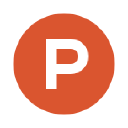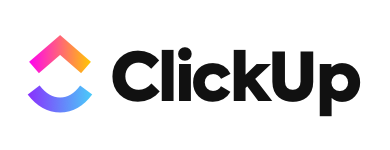I Built A Tax App To $28K/Month In Only 8 Months
Note: This business is no longer running. It was started in 2019 and ended in 2024. Reason for closure: shut down.
Hello! Who are you, and what business did you start?
Hi! My name is Shiloh Johnson I am the founder, and CEO of ComplYant and we help business owners navigate the messy world of tax compliance using technology.
We supply our customers with customized tax calendars that guide them through what forms are due, when, and how much they can expect to pay for those tax bills. We also help them save for the coming bills and process payment when ready to be filed.
Currently, our revenue is at $28k monthly recurring revenue in just eight months from launch.

What's your backstory and how did you come up with the idea?
I have sort of a non-conventional background in accounting. I have an undergrad degree in accounting and a graduate degree in taxation. The average accounting student would go work for a big four accounting...

Download the report and join our email newsletter packed with business ideas and money-making opportunities, backed by real-life case studies.

Download the report and join our email newsletter packed with business ideas and money-making opportunities, backed by real-life case studies.

Download the report and join our email newsletter packed with business ideas and money-making opportunities, backed by real-life case studies.

Download the report and join our email newsletter packed with business ideas and money-making opportunities, backed by real-life case studies.

Download the report and join our email newsletter packed with business ideas and money-making opportunities, backed by real-life case studies.

Download the report and join our email newsletter packed with business ideas and money-making opportunities, backed by real-life case studies.

Download the report and join our email newsletter packed with business ideas and money-making opportunities, backed by real-life case studies.

Download the report and join our email newsletter packed with business ideas and money-making opportunities, backed by real-life case studies.


















